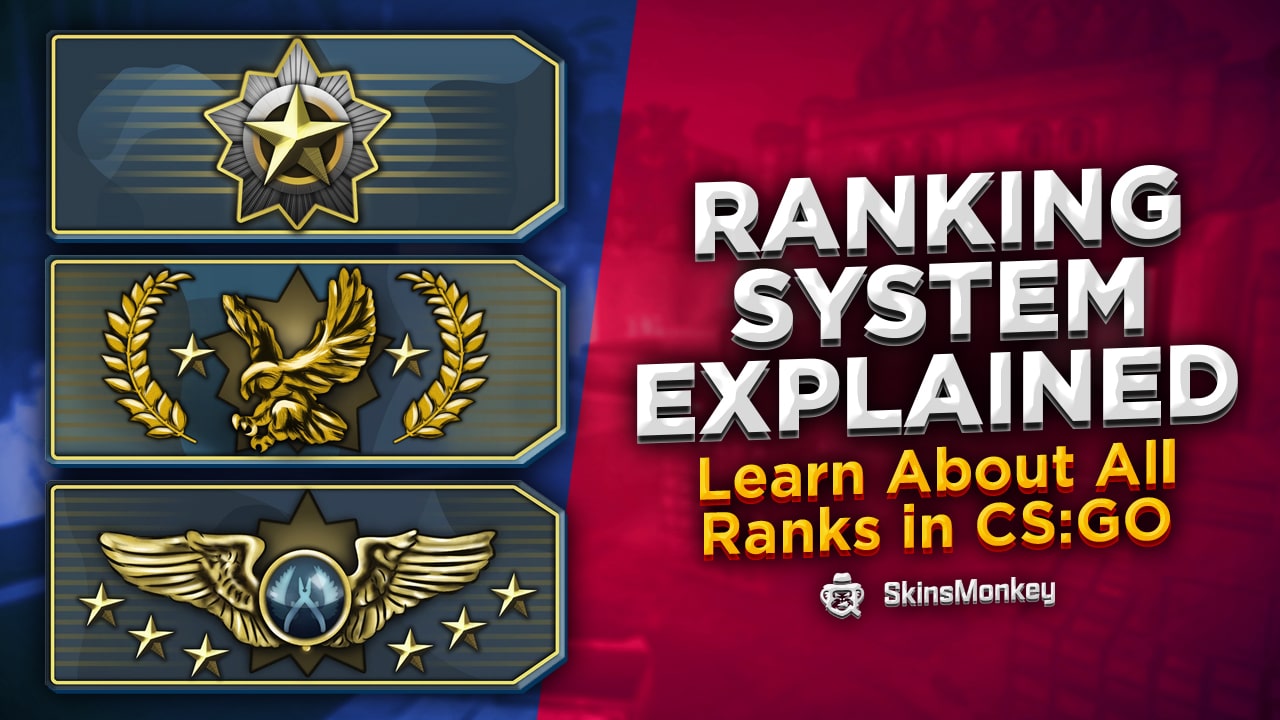Bedding Insights
Exploring the latest trends and tips in bedding and sleep comfort.
CSGO Skill Groups: More Than Just Badges, It's a Culture!
Explore the vibrant culture behind CSGO skill groups—it's more than just badges! Discover how ranks shape the game and community.
Understanding the CSGO Skill Groups: How They Shape Player Identity
The CSGO skill groups serve as a fundamental aspect of player identity within the competitive landscape of the game. Each skill group ranks players based on their performance, with tiers ranging from Silver to Global Elite. Understanding these tiers is essential for players who seek to improve their skills and climb the ranks. Players in lower skill groups often face challenges such as inconsistent team coordination and varying skill levels, while those in higher tiers are usually well-versed in game mechanics, strategies, and teamwork.
Moreover, skill groups foster a sense of belonging and competition among players. As they progress through ranks, players not only gain recognition but also improve their gameplay habits and skills. The journey through these tiers often involves critical learning experiences, such as understanding the nuances of different maps, weapon handling, and strategic decision-making. Ultimately, skill groups help define a player's identity within the CSGO community, influencing both their gameplay style and social interactions within the game.

Counter-Strike is a popular first-person shooter game that emphasizes team-based gameplay and strategy. Players can choose to play as terrorists or counter-terrorists, with the main objective being to complete missions such as bomb defusal or hostage rescue. Many professional players, like s1mple, are known for their exceptional skills and specific gameplay preferences, which can be explored in detail through their s1mple settings.
The Impact of Skill Groups on CSGO Community Dynamics
The competitive landscape of CS:GO is significantly influenced by the formation of skill groups. These groups, categorized by players' ranks and abilities, create a structured environment that shapes community dynamics and gameplay experiences. By grouping players with similar skills, skill groups ensure more balanced matches, which enhances player engagement and retention. It allows for a fairer competition and promotes collaboration among team members, fostering a sense of camaraderie as they work towards common goals in the game.
Furthermore, skill groups can affect the overall atmosphere of the CS:GO community. Players in higher skill brackets often exhibit different behavioral traits compared to those in lower tiers, which can influence interactions in game lobbies and forums. For instance, a skill group comprised of highly-skilled players might emphasize strategic teamwork and communication, whereas lower brackets may experience more casual and recreational play styles. This division creates a diverse community where players can find their niche, allowing for tailored content and experiences that cater to their specific interests and skill levels.
Are CSGO Skill Groups Just Badges or Gatekeepers to Competitive Play?
The debate surrounding CSGO skill groups as mere badges or as essential gatekeepers to competitive play has fueled much discussion among players. On one hand, skill groups serve as a visible representation of a player's abilities, acting almost like trophies that distinguish the levels of proficiency attained. These badges help to create a more organized matchmaking system, ensuring players of similar skill levels compete against each other, which ultimately enhances the overall gaming experience. However, critics argue that these groups can sometimes become a hindrance, as players may feel boxed in by their assigned skill level, limiting their motivation to improve if they believe they are relegated to a specific rank.
On the other hand, gatekeeping through skill groups can ensure that the competitive integrity of the game remains intact. By restricting players based on their demonstrated abilities, CSGO aims to prevent unbalanced matches that can lead to frustration for both skilled and novice players. This system, while imperfect, sets a foundation for competitive play to evolve, as players are encouraged to refine their skills in order to rise through the ranks. Nevertheless, the conversation continues on whether these skill groups purely serve as a form of recognition or if they represent a necessary structure to maintain equality and fairness in competitive gaming.